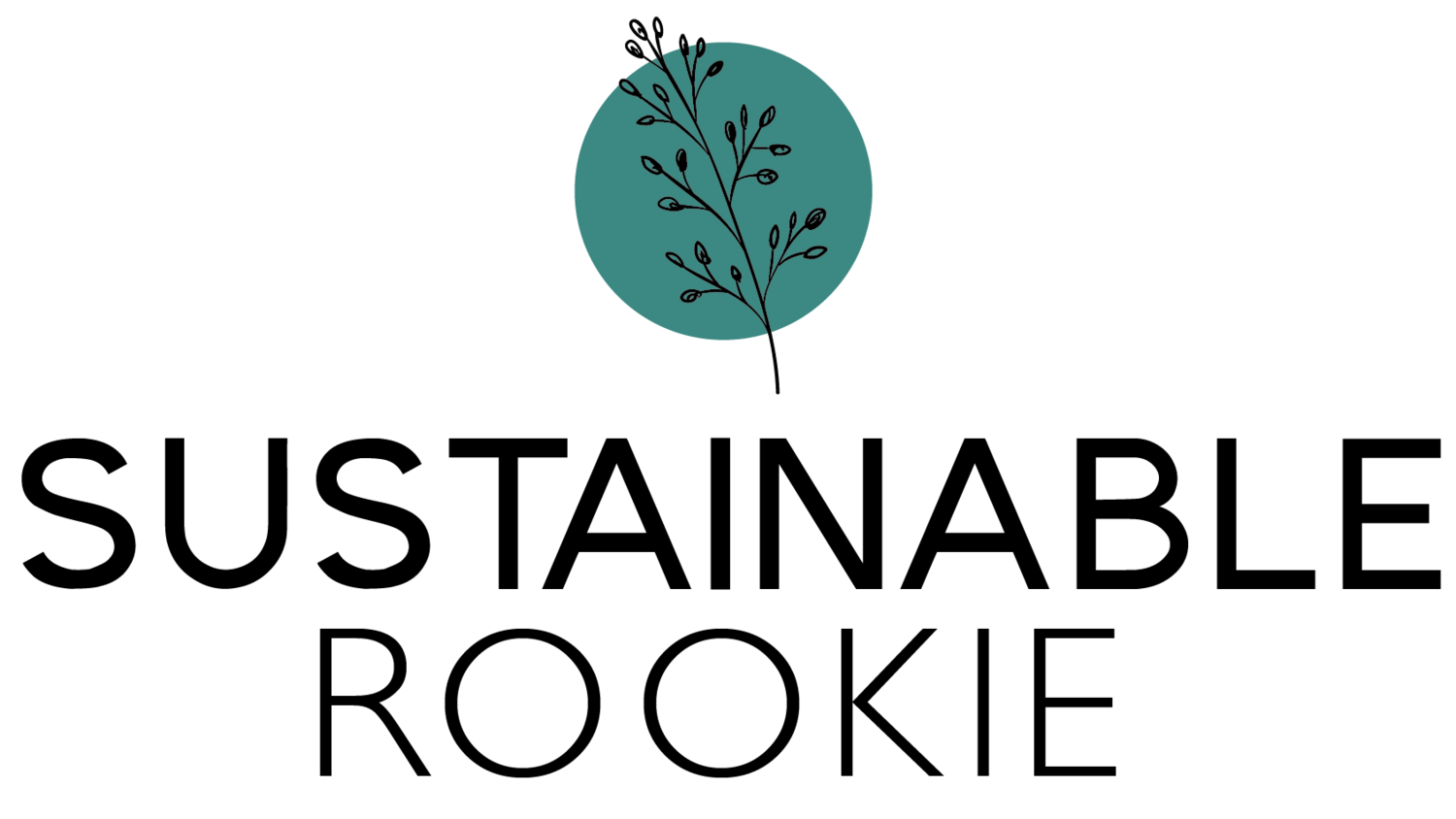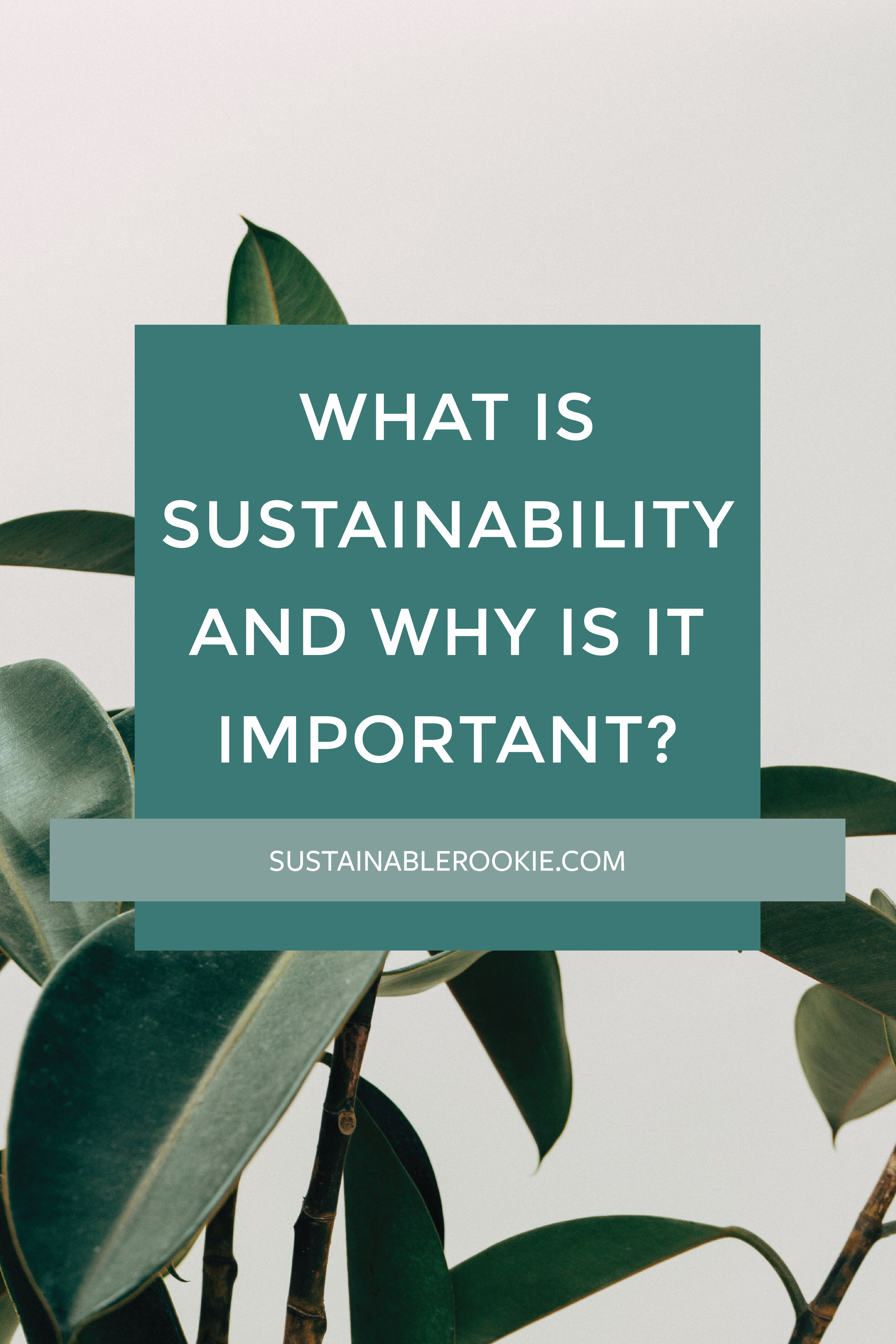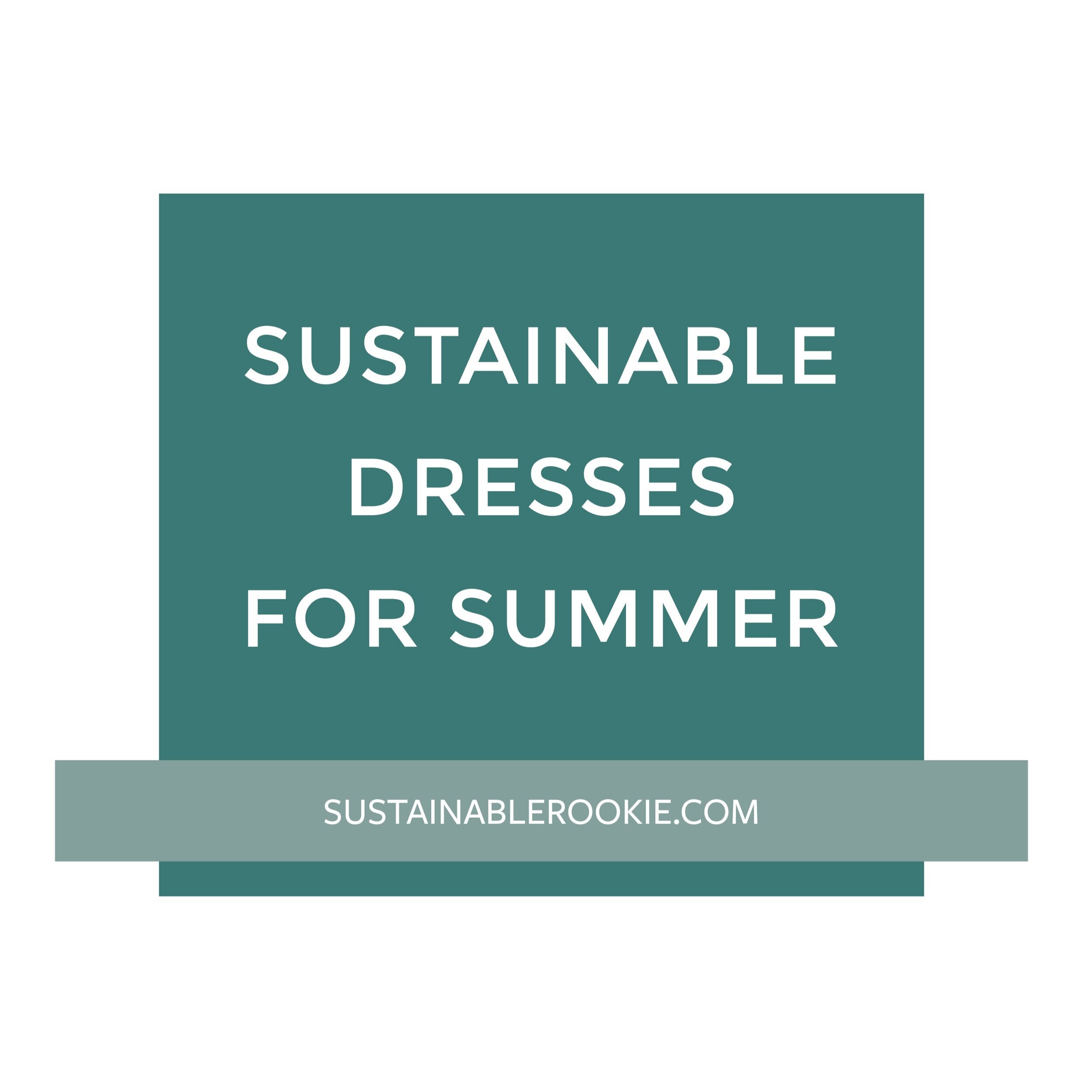What Is Sustainability and Why Is It Important?
You’re probably hearing the term ‘Sustainability’ more than ever.
That makes a million of us.
This concept is constantly appearing on your social media or anything you read. You must have heard promises from companies to be more sustainable or seen new zero waste products on the shelves. But what does sustainability mean?
WHAT IS SUSTAINABILITY?
According to the Brundtland Commission: “sustainable development is development that meets the needs of the present without compromising the ability of future generations to meet their own needs.” In other words, is a way of investing in our future.
Sustainability encompasses business and individuals as well, but the goal is always the same: to sustain the world we all share.
Firstly, this definition states that the needs of the present are met, but our children and grandchildren should be able to do the same. It assumes that resources are finite, as they will eventually run out, and should therefore not be splurged. It welcomes approaches in which not only resources are used more conservatively, but where new and improved ways of doing business or daily activities replace less efficient ones.
WHAT DOES SUSTAINABILITY ENTAIL?
Most people associate sustainability with the environment, but it goes beyond that. It has three components – environmental conservation, social responsibility, and economic development.
Environmental Conservation focuses on ways of taking care of the natural world and its resources and therefore aims at coming up with packaging alternatives, reducing carbon footprints, being less wasteful in the supply chain, protecting water, nature, and the animals, among others.
Social Responsibility is about how humans are treated, which should be ethically and responsibly, and it includes employees or the community in which a business operates, for instance. A company can’t be considered fully sustainable if they use organic and biodegradable materials, but they pay less than minimum wage to their employees or they work in exploitative or dangerous environments.
Economic Development implies that a business should be profitable for it to be sustained in a long-term basis. Nonetheless, this shouldn’t come at any cost, as all the previous components should be considered as well. Profit should come hand in hand with sustainability.
All these factors have something in common: they are ways to create long-term value, and they involve responsibility and action.
WHY IS SUSTAINABILITY IMPORTANT?
The truth is, the world as we know it will change if we don’t take care of it. We can’t assume we can take everything we want from Earth and it’s just going to keep on giving it to us. That isn’t sustainable throughout time.
As I mentioned before, resources are limited. But that’s not the only problem; not only we can run out of certain resources and raw materials–for example fossil fuels–which is worrisome enough, but habitats are also affected. Animal species are displaced or killed, and some will become (and are becoming) extinct, which disrupts ecology.
On the one hand, it should matter to businesses because they eventually won’t stand a chance against sustainable companies, if they aren’t sustainable themselves. From caring for its workers to obtaining raw material, they must worry about making employees remain in the company and that the company itself has a place in which to thrive–which is the community they operate in, and the environment itself.
Secondly, the planet’s future depends on this, which doesn’t only involve you, but also your descendants and the other living beings that inhabit the planet. Being sustainable is understanding this, it’s untying yourself from an anthropocentric world view and start to see the world as an interconnected whole. It’s embracing the moral and ethical duty of living on this Earth as if it had been borrowed–instead of being its owner– and as if you must borrow it afterwards to the next generations, and so on. If everyone who lives on earth abuses it, there’s nothing left to pass down to your children or grandchildren. Resources and ecosystems aren’t ours to exploit.
Sustainability allows business to operate and people to carry on with their daily life in a way that water is preserved, air is clean, resources can be grown, workers can survive and have a good quality of life, among many other benefits.
HOW IMPORTANT IS IT TO BE SUSTAINABLE AS AN INDIVIDUAL?
You might be wondering how relevant it can be for you to embrace a sustainable life, given that you’re just one person. For this, it’s crucial to understand that sustainability is something that works as a group. Big companies and its products, processes, and decisions have a huge impact on the world. Because of their repercussions on a large scale, they are undoubtedly responsible of starting to incorporate sustainability in their operations and corporate culture.
Some companies that have always been known for being polluters or exploiting their workers are already beginning to change their conduct and are making gradual changes. In many cases, some claim that their intentions aren’t genuine; rather, they are done merely out of convenience, which becomes obvious when their attempts fall short of people’s expectations (I will talk about Greenwashing in a future post).
Nevertheless, there are businesses that have gotten involved with sustainability from its conception. Not all of them are perfect, but the sustainable concept is tattooed on its core, and that’s the best thing a consumer can expect from a company.
Either way, the choice one makes between one and the other is personal. But surprisingly, that’s where the individual’s power lays. On the one hand, the changes each person makes in their lives is going to have a positive impact, whether replacing a plastic product for a zero-waste product, for example. That effect is immediate, it’s a measure to reduce the amount of plastic that is going to end up in the ocean or a landfill.
The other side of the coin is the power that individual has as a consumer. By rejecting the plastic product and choosing the one that’s zero-waste, the demand for this last product increases, in contrast to the other one. Imagine thousands of people demanding an alternative product instead of the plastic version, because this material’s no longer welcomed in the consumer’s mind, like it was before. That demand forces businesses to take action. And that’s where change is created.
HOW CAN I START BEING MORE SUSTAINABLE?
There are ways to begin making a change, in which I will delve into them in a future post, but there are steps that can be taken to live a more sustainable life right now. To avoid overwhelming you, let me tell you some of them simply consist in asking a series of questions to yourself, in getting to know your consumer habits, what are the reasons behind certain decisions you make, and your responsibility as an inhabitant on earth.
This blog doesn’t judge. You can be a person who started their sustainability journey ten years ago, but also someone who’s just starting to ask yourself what it’s about and wants to know more. Both have something in common: the detection of an imperative change, and the will to act.
Slow down: every time you are about to decide as a consumer, for example when buying clothes, stop. Ask yourself why you want to buy it, what it implies, where that garment comes from and what it took for it to arrive to your hands, if you need it or if you want it for other reasons (e.g.: a fashion trend). You can learn more about sustainable fashion in this link.
Start doing small adjustments: take reusable bags when you go to the supermarket or choose to drink your coffee at your house instead of buying it to-go in a coffee shop. Start changing one small habit at a time.
Take it to the next level: when you’ve already accomplished that first objective, establish the following one. Afterwards, you will see how you improve your habits, but it also starts pushing you towards making the next small change, and what’s more important, it makes you have an overall more sustainable mindset.
Educate yourself: there’s nothing more awarding that learning about sustainability, but it can be confusing when you see how much it covers. Choose one topic related to sustainability and dig deeper into it. Maybe plant-based living? This will allow you to be self-critic and detect your areas of improvement, and to better understand the world we live in.
Spread the word: now that you have knowledge about a specific topic, pass it on. Don’t keep it to yourself. Encourage conversation, invite action. Not everyone is going to accept it right away, but you can start propelling change in those who are ready for it. Always speak with kindness, from a place of love, facts, and healthy dialogue.
Sustainability is about constant improvement, starting with doing small changes today, in order to be better tomorrow.
If you’d like to embark on this journey with me and read my future posts, please don’t forget to subscribe to my newsletter!





